After Drugs Killed His Brother, Man Helps Over 1000 Naga Youth Study & Get Jobs
"There were times when I thought about giving up not just the work, but life itself. But then I would think about my brother, and find motivation once again," says Jenpu Rongmei.
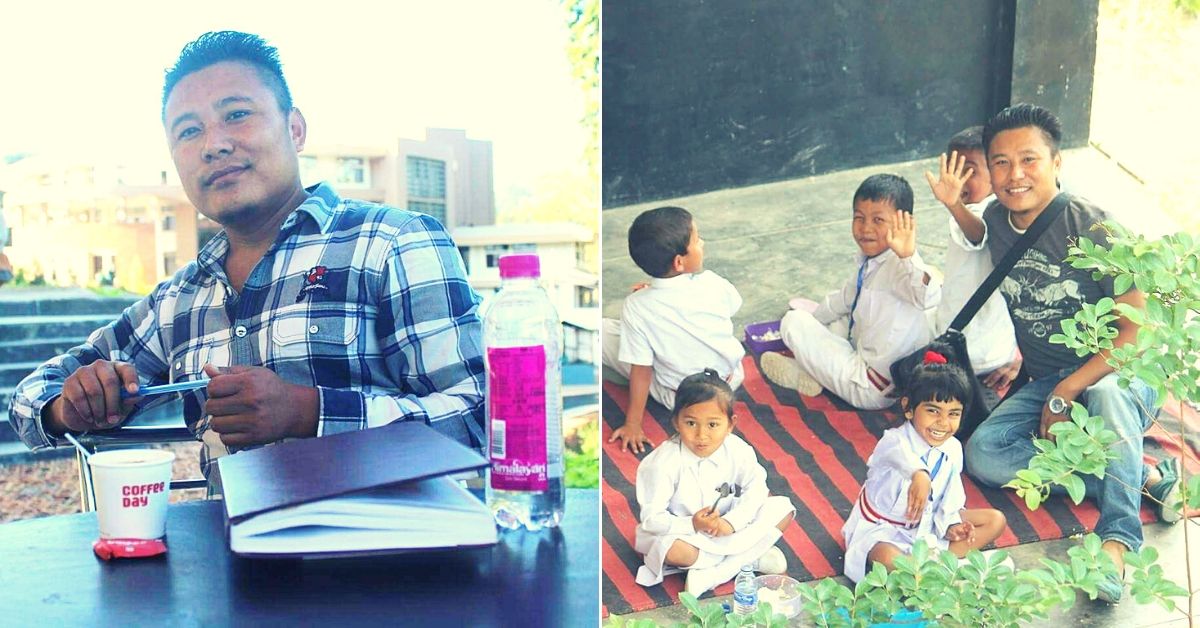
With The Positive Collective, The Better India’s COVID-19 coverage is available to regional language publications for free. Write to [email protected] for more details.
How can you do something extraordinarily positive in the face of despair?
Ask 36-year-old Jenpu Rongmei, a Class 11 dropout from Dimapur, Nagaland, who rose out of abject poverty and the devastating loss of his younger brother, David, to drug abuse, to help over 1,000 fellow school and college dropouts rediscover their self-esteem.
With his non-profit, Can Youth, Jenpu helps them find ways to pursue their education once again. For those who don’t want to study any further, he helps arrange for private agencies in Dimapur to teach them life skills, vocational training and facilitates their access to formal financial institutions that can help them embark on a life of entrepreneurship.
Hard Knock Life
Jenpu’s father, Pouhemlong Rongmei, a part time worker with the Food Corporation of India (FCI), was an alcoholic, who often physically abused his wife, and Jenpu’s mother, Nuhukhulu Rongmei, at home.
Meanwhile, to bring in some money and and pay for the education of their five children, among whom Jenpu was the second oldest, she sold illegal alcohol (Nagaland is under prohibition) and vegetables on the roadside.
Money was always tight, and she often had to beg for financial support from relatives and friends.
“My mother tried her best, but once I reached Class 9, she couldn’t pay for our education anymore. I finished Class 10 from an Open School and paid for it with money earned from selling perfume door-to-door. David had just finished Class 8 at the time, and couldn’t continue his education either,” says Jenpu, speaking to The Better India.
The children were all upset, but Jenpu remembers that David, in particular, took the news very hard.
“He was furious that our father couldn’t provide for us, but could not direct those emotions towards him. Unable to find a positive outlet for his pent up emotions and frustrations with his own life, he started taking drugs, and soon became heavily dependent on them. Meanwhile, I started working with local community organisations and an NGO where I was paid a monthly salary of Rs 2,000,” recalls Jenpu.
The family tried their best to help David. At first, they got him into a rehabilitation centre, where he recovered, but soon after his release, he relapsed once again.
“One fine morning, however, he approached us and expressed a desire to turn his life around. At the time, there were no proper rehab centres run by the government. The ones that did exist were predominantly run by private players, and paying for them was expensive. But I promised him that I would take care of him and help turn his life around,” he says.
Sadly, Jenpu’s promise remained unfulfilled. David passed away in 2007 at the age of 19. He had overdosed on Spasmo Proxyvon, an over the counter pain-relief drug that is used as a sedative and for anxiety control.
Jenpu remembers the day rather vividly.
“I was at work when I received a call from my uncle about the news. Seeing his dead body at home broke me, especially because I couldn’t do anything to turn his life around. My brother was a bright boy who did well in school and good at sports as well, but due to terrible circumstances at home he couldn’t fulfil his potential,” says Jenpu in a sombre tone.
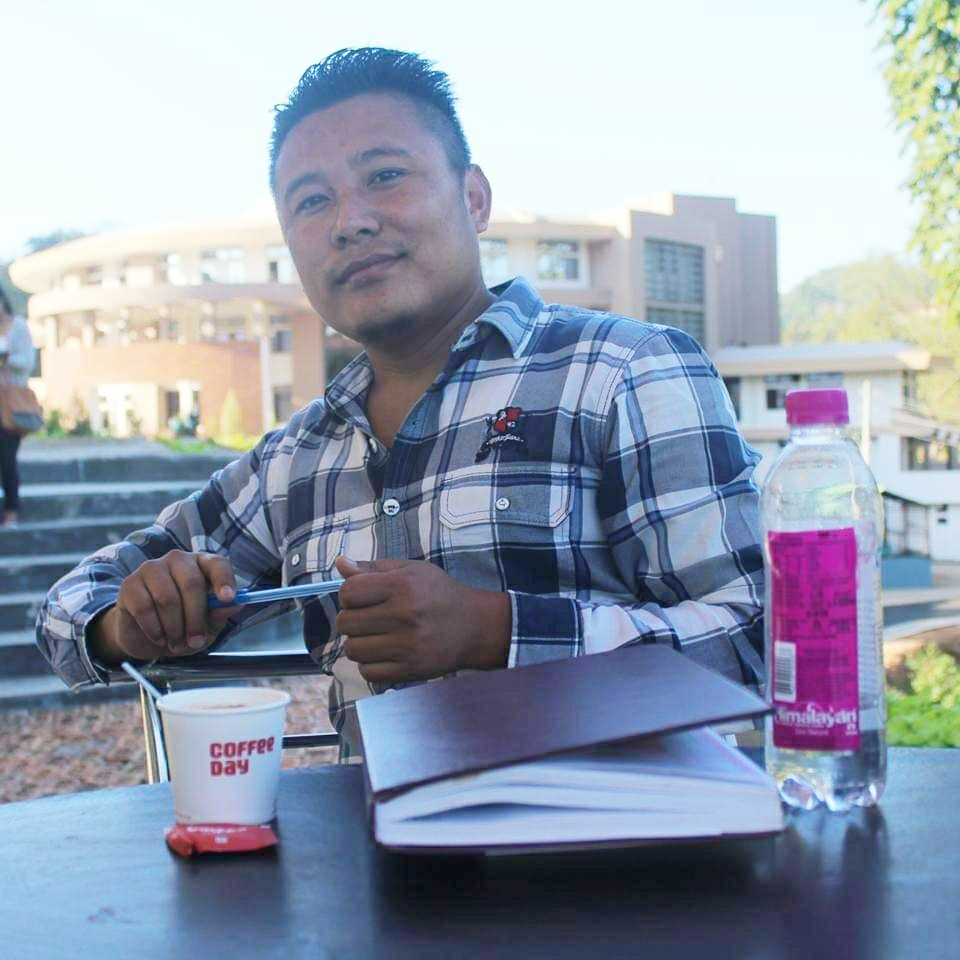
Channelling The Grief Into Something Positive
But David wasn’t the only one who suffered this way.
Nagaland has a well-documented problem of drug and alcohol addiction. Alcoholism is particularly a significant concern among the youth and making matters worse, the alcohol they consume is often adulterated since prohibition is in force.
Jenpu desperately wanted to do something for them. “Although I had no idea about how to start an NGO, I knew I had to find a way to help these youngsters like my brother and started something called Youngs Club in 2010, inviting a few of my friends and my other siblings. There was no money, but I was driven by a sense of anger and frustration against the apathy being shown to people like us,” he says.
At Youngs Club, he mobilised local youth, went door to door and sought their help in organising events for uneducated and unemployed youth like sports camps, blood donation drives, and ran a few vocational training camps with support from more prominent members of the local community.
This informal network of friends even helped small children who could not afford to go to school because of their financial problems. They raised funds for this initiative by reaching out to wealthy families and influential leaders from their community.
Jenpu had the right ideas but needed the means to make a difference. One of his friends told him about the Changelooms Fellowship, a year-long program which provides technical support and seed funding (Rs 1.5-2 lakh) to youngsters who have started social initiatives.
“Honestly, I had applied for this year-long fellowship just for the sake of money and not to develop myself. Getting selected was such a huge moment for me,” he recalls.
After completing the one-year fellowship in Delhi, he returned home and registered Youngs Club as a non-profit in June 2013. A year later, he changed its name to Can Youth.
Throughout this journey, Jenpu credits Father Jerry Thomas, the Director of Bosco Institute in Jorhat, Assam, for mentoring and guiding him like his own son.
“I first met him in 2012, when he interviewed me for the Fellowship. He has always been there for me. His encouragement when we first met made me stronger because at that time I was hungry for that validation. Many at the time didn’t believe I could to start a non-profit and run it successfully,” he says.
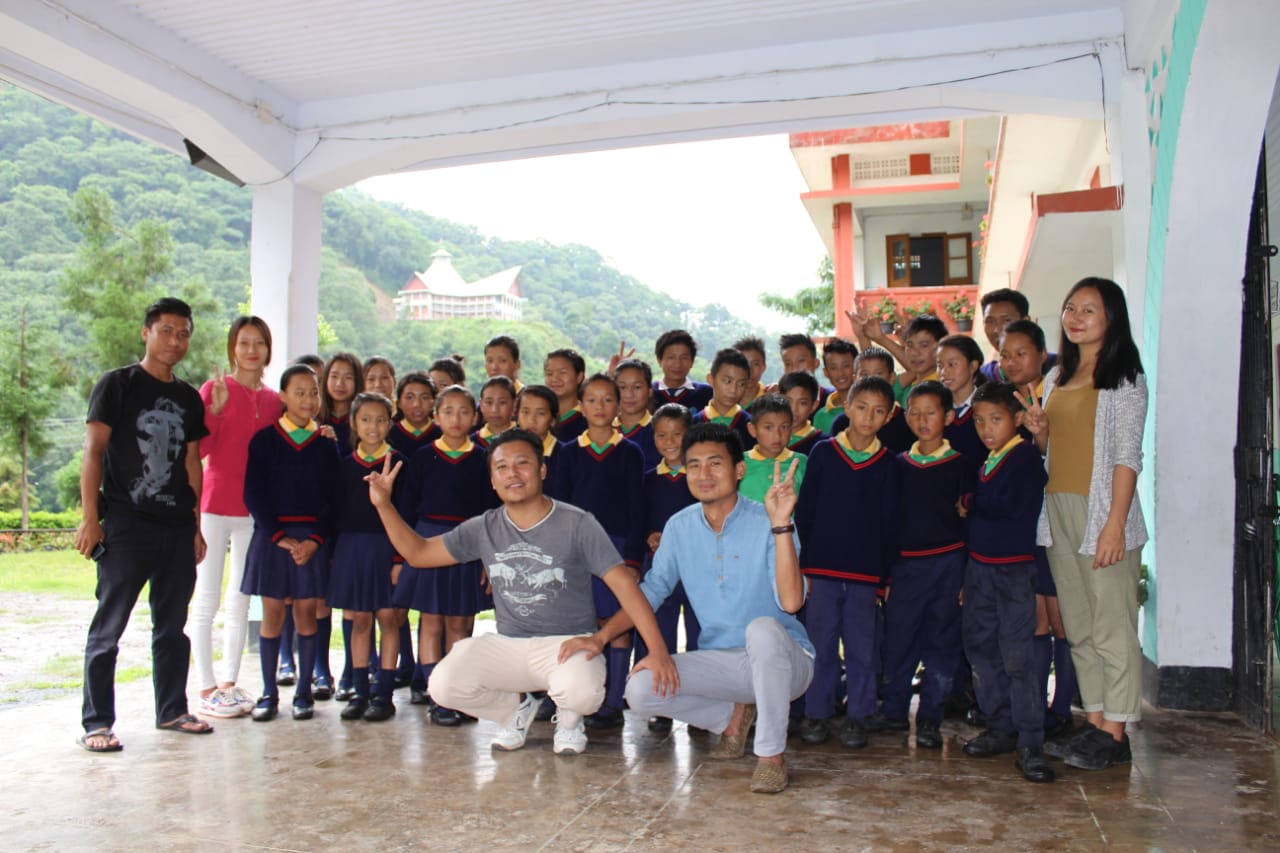
Understanding the Problem
By the end of 2018, as per a survey conducted by the World Bank, the student dropout rate in Nagaland’s primary schools (Grade I-IV) stood at 19.4 per cent, which is four times the national average of 4.3 per cent. Meanwhile, the dropout rate for upper primary (VI-VIII) and secondary (IX-X) stood at 17.7 per cent and 35.1 per cent, respectively.
“Based on my experience, the reason for the high dropout rate is both financial and emotional,” argues Jenpu. School dropouts usually come from broken homes where either parent is an alcoholic, or they witness domestic violence or are divorced, and no proper guidance is forthcoming from either the mother or father. This often leads to drug and alcohol addiction since it’s the only way to numb the pain and children end up refusing to attend social gatherings or school.
“Although things are improving today, most young people studying in government schools drop out because of a stark disconnect with the teachers. They do not seem to value the quality of education they are imparting,” he mentions.
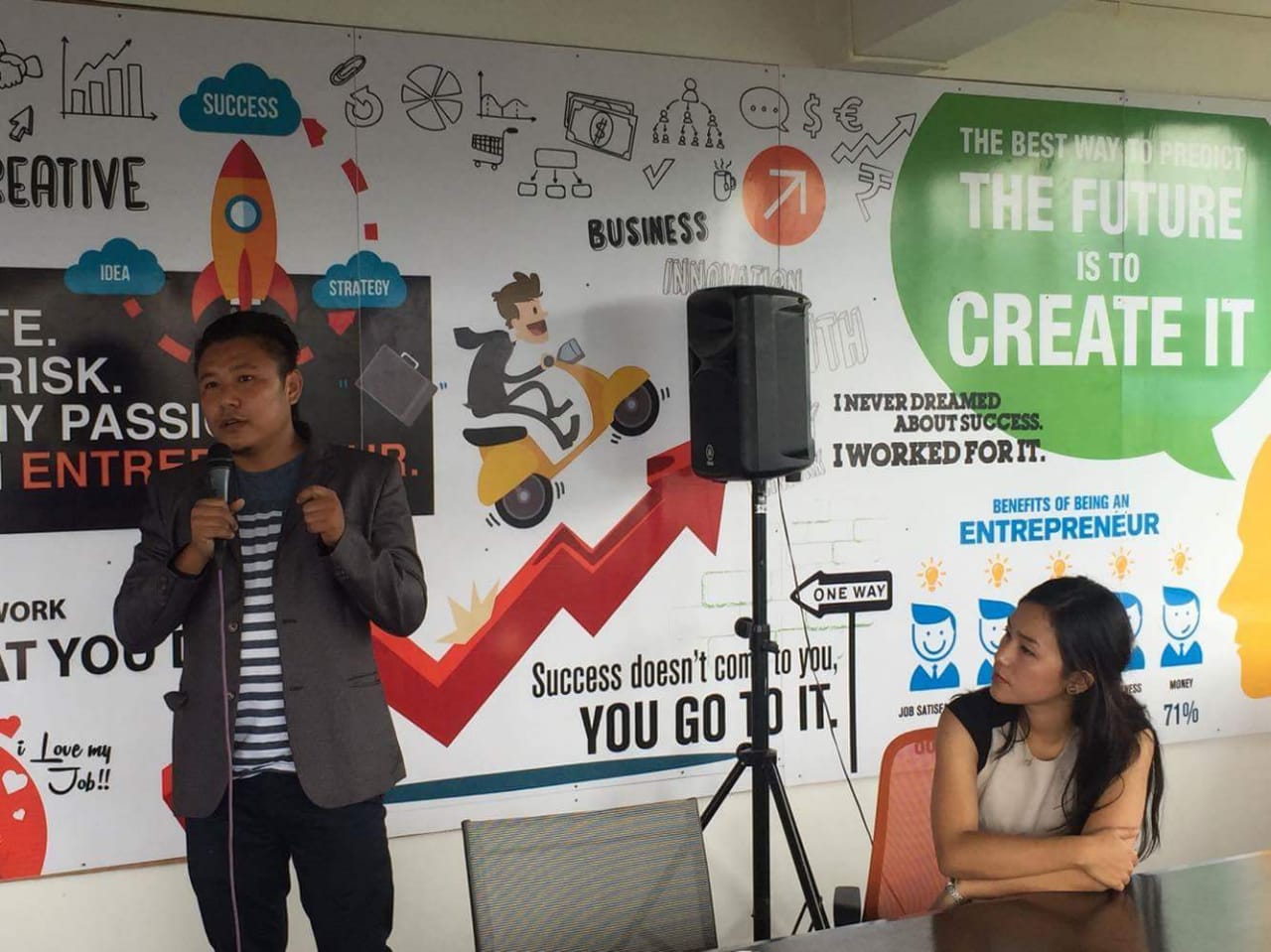
On a Mission
With his younger brother’s picture always with him, Jenpu has set out to help young kids to carve out a better future for themselves, along with a young team of 11 people mostly consisting of women graduates aged 22-30, and 12 board members, to help him in this endeavour.
Helping Dropouts Re-Enrol
The team works with children who have dropped out or cannot afford to go to school or college and help them re-enrol. They impart life skills, and design capacity building courses for teachers, and also include other stakeholders like parents and village education committees in the process.
“We want to make them understand that each life is meaningful. We teach them life skills through workshops and games and help them understand that not everyone will become a government officer. Everyone is not going to be a perfect student. The children must never be pressured into learning, and they must learn at their own pace,” says Jenpu.
Thus far, Can Youth has so far supported the education of 45 children.
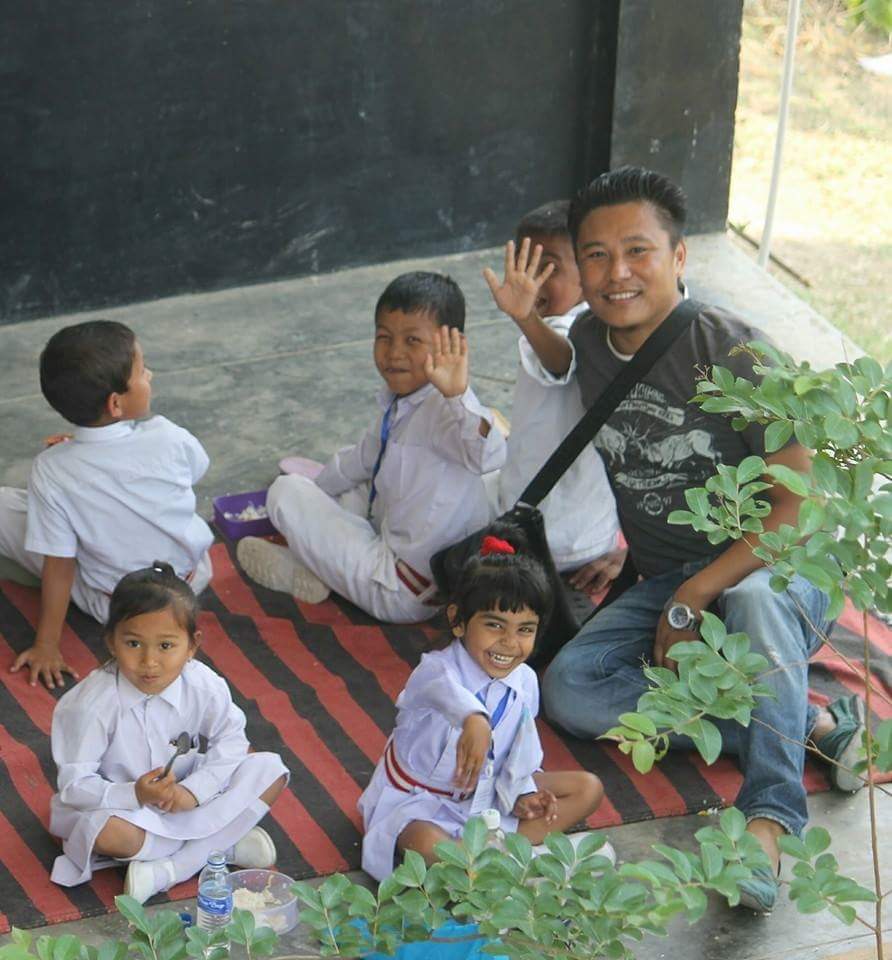
Vocational Training & Entrepreneurship
Based on their skill and interest, Can Youth also offers vocational training to uneducated and unemployed youth like tailoring, hair-cutting, food processing, handicraft making, bamboo craft, carpentry, etc.
They help them to get small jobs in hotels, showrooms, and the automobile sector as the non-profit has linkages in the hotel and other business sectors in Dimapur. The non-profit also help dropouts usually in their mid-20s who want to start their business ventures enterprises like a cafe or any other small business by providing small amounts of seed money from and through linkages with cooperative societies and banks.
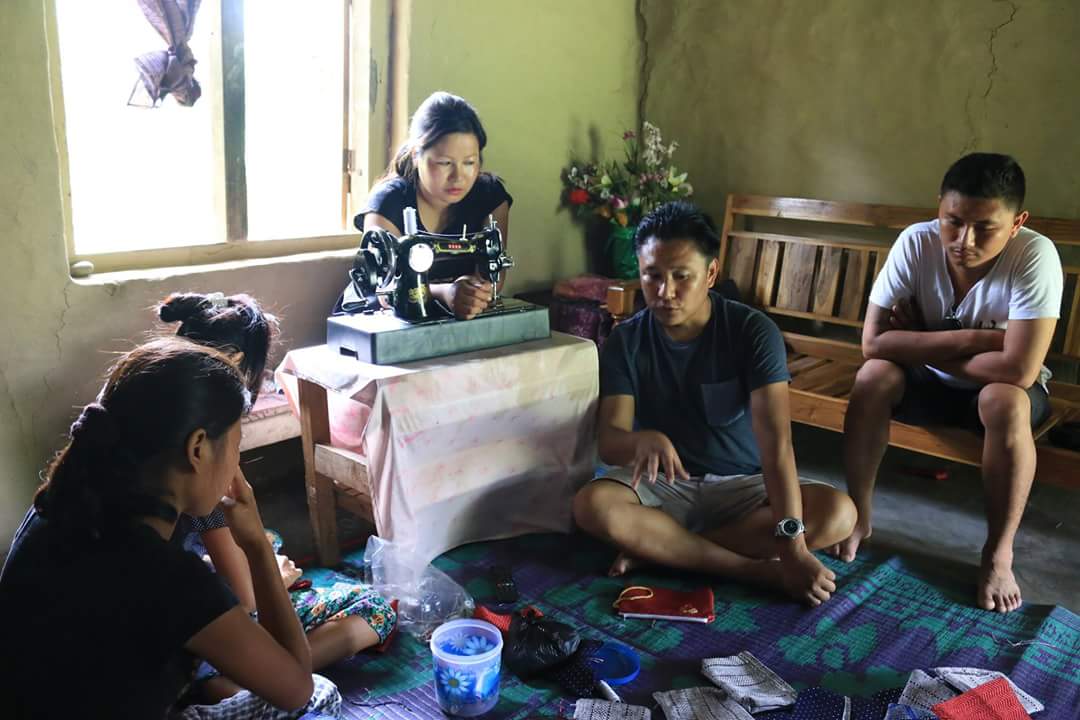
“To become an entrepreneur, one mostly needs ideas. We create space for them to explore and think these ideas through. You don’t need big degrees to start businesses, but good ideas,” he says.
Can youth has reached out to more than 1,000 dropouts through various training programs, of which two groups (consisting of 10 members each) have started their home-based food processing units.
Youth Support Groups
One of the ways in which Can Youth has reached out to these youngsters between ages 18 to 35 has been through their Youth Support Groups (YSG).
These are spaces where unemployed and uneducated youth have the potential to “refine their skills and hidden talents through various soft skills, vocational training, development programs and finally engage in livelihood activity for sustainability which offered by Can Youth in collaboration with other like-minded NGOs/agencies in which process they realise and gain life to its fullness,” says the website.
Thus far, five of their Youth Support Groups consisting of 15 members each have started their business units, and many of them have found work in Dimapur’s retail sector.
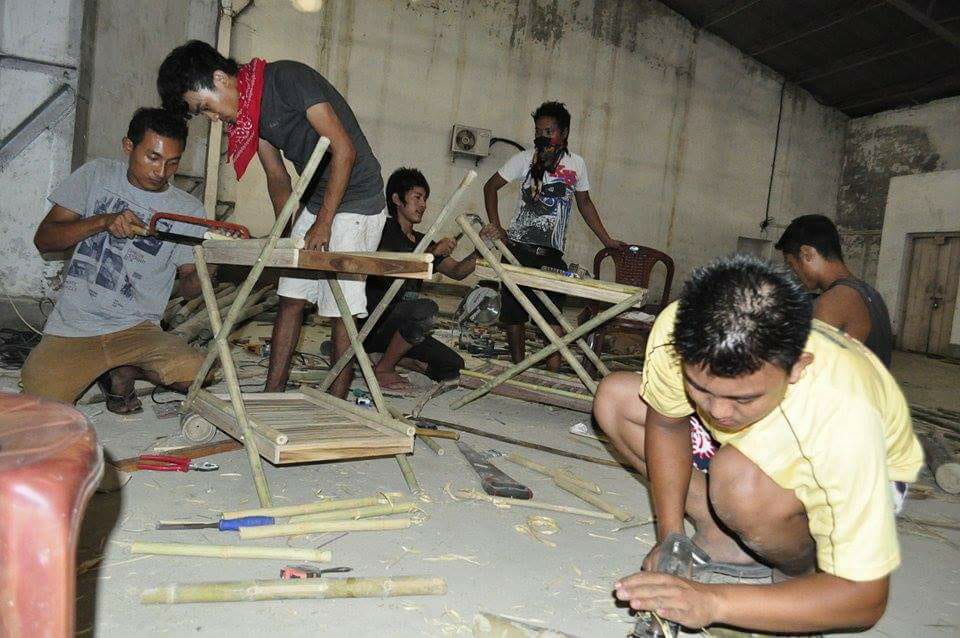
A Tough Journey & The Road Ahead
“Things were very hard in the beginning. There was a severe lack of trust, and people would say, ‘Oh, these NGOs are only after money’. But I didn’t give up because I knew what I wanted to do. It was also very challenging for me to mobilise resources. Sometimes I felt lonely and would cry by myself, but then, would think about David and find motivation once again. I am doing this to reach out to people who have lost hope and in the memory of my brother,” said Jenpu, in a recent BBC podcast interview with actress Kalki Koechlin.
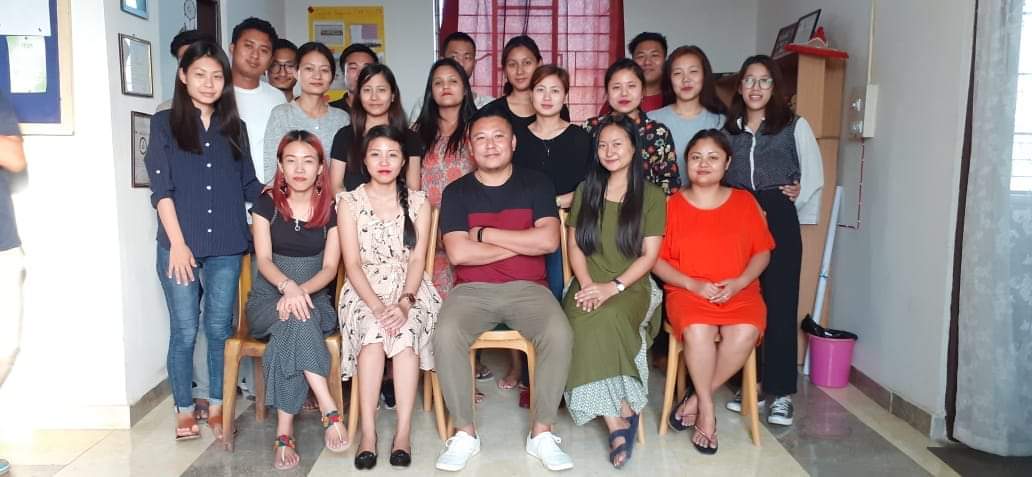
Meanwhile, after years of hurt and suffering, he has also mended his relationship with his father. Jenpu has forgiven him, and in return, his father acknowledges what his son has done. “I couldn’t do anything for Jenpu. Nothing at all. Whatever Jenpu is doing, it’s totally because of him. What he could not do during his childhood, he now wants to ensure that other kids are not deprived likewise,” says Jenpu’s father.
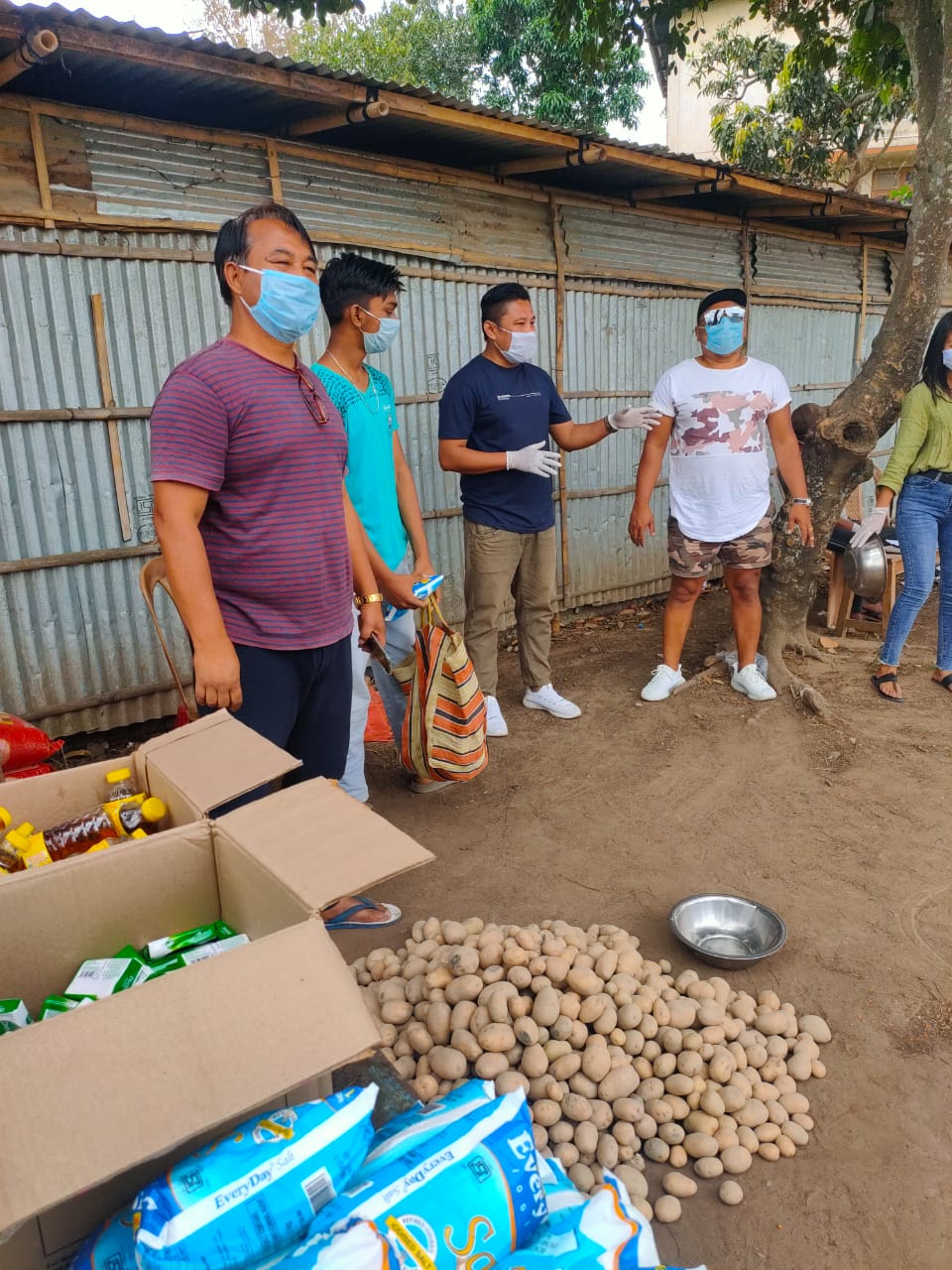
Driven to bring back hope and opportunities into the lives of Nagaland’s forgotten youth, Jenpu Rongmei has come a long way. A man who intimately knows what it’s like to come from a troubled home where opportunities in life were cut short, he has become an inspiration to many.
Yes, there is a long way to go, but he’s seemingly on the right path.
(Edited by Gayatri Mishra)
Like this story? Or have something to share? Write to us: [email protected], or connect with us on Facebook and Twitter.
If you found our stories insightful, informative, or even just enjoyable, we invite you to consider making a voluntary payment to support the work we do at The Better India. Your contribution helps us continue producing quality content that educates, inspires, and drives positive change.
Choose one of the payment options below for your contribution-
By paying for the stories you value, you directly contribute to sustaining our efforts focused on making a difference in the world. Together, let’s ensure that impactful stories continue to be told and shared, enriching lives and communities alike.
Thank you for your support. Here are some frequently asked questions you might find helpful to know why you are contributing?


This story made me
-
97
-
121
-
89
-
167













